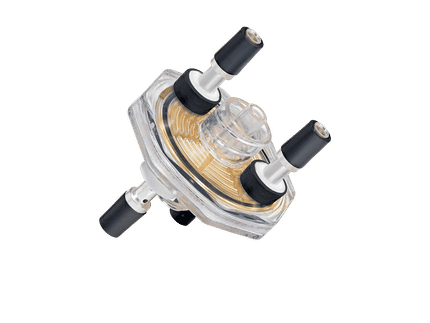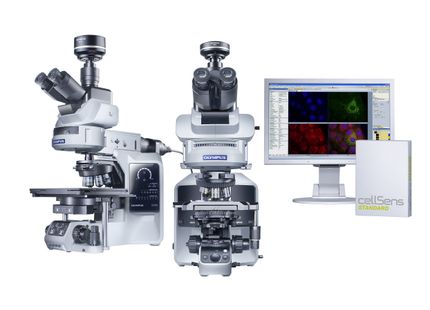To use all functions of this page, please activate cookies in your browser.
my.bionity.com
With an accout for my.bionity.com you can always see everything at a glance – and you can configure your own website and individual newsletter.
- My watch list
- My saved searches
- My saved topics
- My newsletter
Ernst Leberecht WagnerErnst Leberecht Wagner (March 12, 1829 - February 10, 1888) was a German pathologist who was a native of Dehlitz, a town in the Burgenlandkreis district of Saxony-Anhalt. He studied medicine in Leipzig under Karl August Wunderlich (1815-1877), in Prague under Josef Skoda (1805-1881) and in Vienna under Karl von Rokitansky (1804-1878). In 1855 he became habilitated at the University of Leipzig, where he became an assistant professor in 1860. Product highlightIn 1862 Wagner became a "full professor" of general pathology and pathological anatomy at the University of Leipzig, and in 1871 founded the first institute of pathology at Leipzig. From 1877 until 1888 he was a professor of pathology and "special therapy" (internal medicine) at Leipzig. Wagner was considered an excellent teacher, and two of his better known assistants were Adolf von Strümpell (1853-1925) and Paul Flechsig (1847-1929). His best known written work was a textbook on pathology called Handbuch der allgemeinen Pathologie, which was co-authored with Johann Paul Uhle (1827-1861), and published in seven editions and translated into several languages. Wagner made contributions in his research of uterine cancer and embolisms associated with blood vessels of the lung. With Heinrich Unverricht (1853-1912), the eponymous "Wagner-Unverricht syndrome" is named, which is a muscle disease related to polymyositis, characterized by chronic muscle inflammation resulting in muscle weakness and skin rash. References
|
| This article is licensed under the GNU Free Documentation License. It uses material from the Wikipedia article "Ernst_Leberecht_Wagner". A list of authors is available in Wikipedia. |







